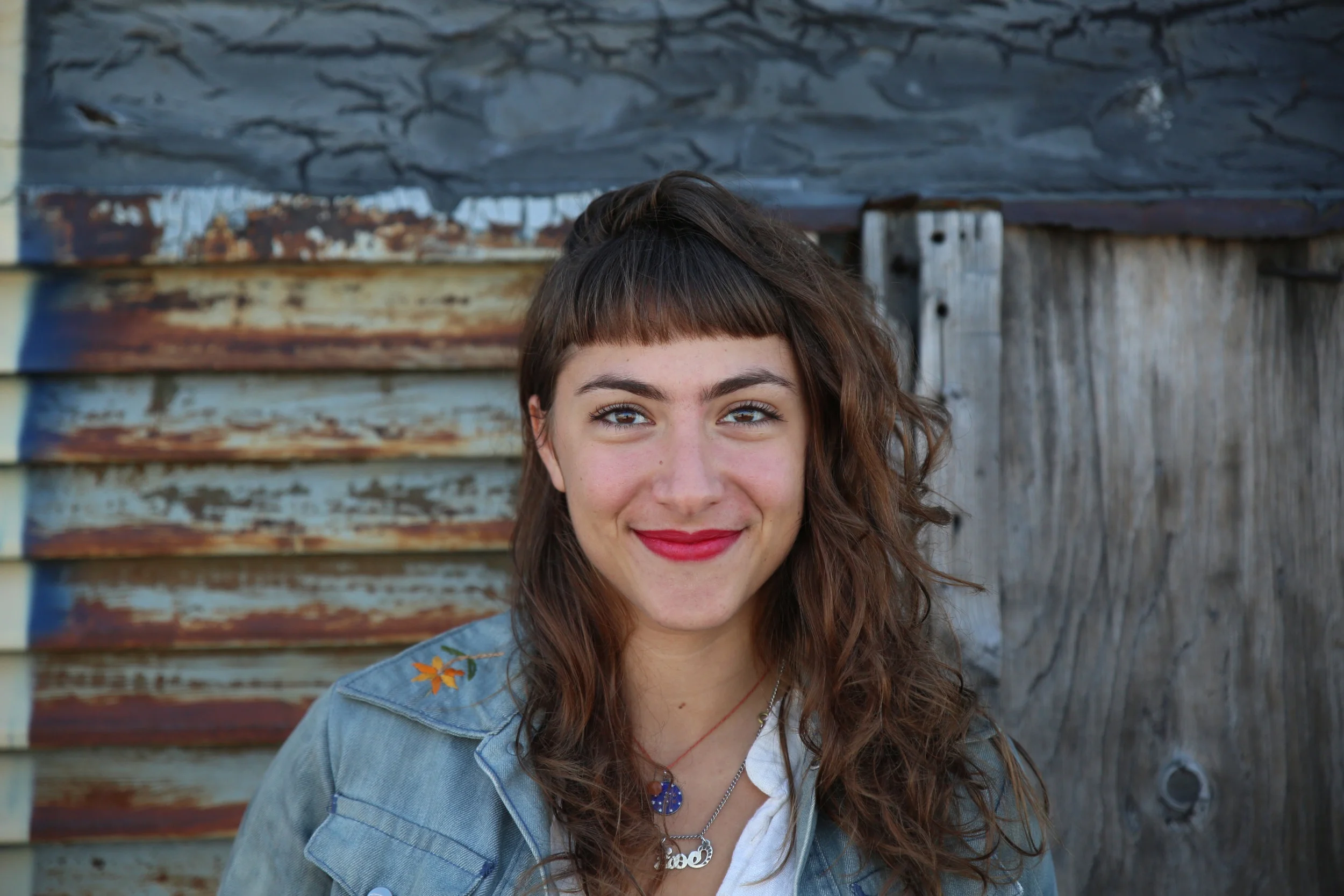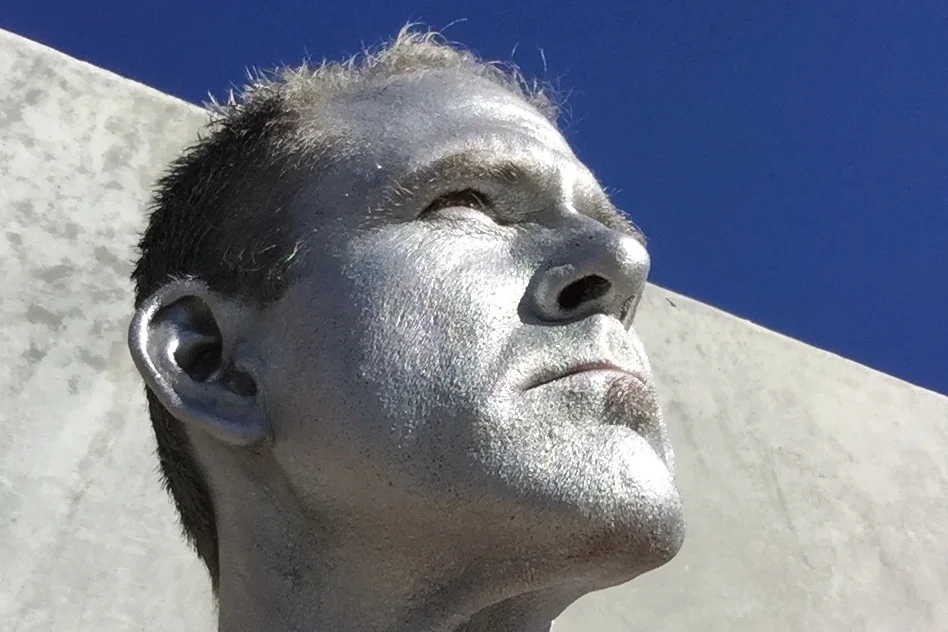Episode 029: Bill Protzmann
A Path With Heart
Bill Protzmann is a man on a mission: to raise awareness of the power of music as a tool for self-care. In 2011, Bill launched Music Care Inc., a for-profit corporation dedicated to teaching practical ways music can be used for self-care. He is also the author of one of Amazon’s best sellers, More Than Human: The Value of Cultivating the Human Spirit in Your Organization.
For our interview, Bill spoke with me from his home in San Diego. From the moment we began our conversation, I could sense that Bill is a man of incredible depth and self-reflection. Bill poetically noted that a podcast is like an archive documenting stories for future generations to hear. As I am not someone who dwells too much on creative projects while I am in the midst of making them, I am so appreciative of his reflection and kindness as Gutted has very much been both a diary of my interviewee’s stories as well as a chronology of my life over the last many months. During our conversation, Bill’s wisdom shines in his knowing that growing up is all about perspective. He states:
“I’m 56 years old and I don’t know that I’ve had a midlife crisis, but what I’ve had are all these little ah-ha moments, where I look back. And sometimes it will be global—everything that’s happened in my life has combined to make this moment right now possible. Sometimes it will be ‘well now it makes sense why I learned how to do that weird task because [in this moment] I need it.’ Sometimes it’s big and momentous. But believe me, they get more precious and more and more frequent and it’s really wonderful to roll down the road right to being a seasoned citizen.”
Bill has been a musician for his entire life. He began playing piano when he was three years old and claims that music has been responsible for saving his life many times over. When describing his relationship to being a musician, Bill says, “Here’s the deal: You can play the notes and you can be very convincing, but it’s better if you feel what’s actually happening behind the notes.” He goes on to share that his experience growing up was very much shaped by typical patriarchal influences—feelings weren’t allowed to be openly stated or expressed. Playing music from a very young age allowed him to vibrantly express his feelings even if only through his fingers on the keys of the piano.
As he stepped into early adulthood, Bill’s skills as a musician had grown, but they hadn’t quite translated into an ability for strong emotional expression and understanding outside of his music. In his twenties, he found himself in a relationship with a woman that checked off many of the boxes he felt were important for a long-lasting partnership. On the day of his outdoor spring wedding in southern California, it hailed. On top of the weather (an interesting sign from the Universe!), Bill was asked by his best friend if he was sure he wanted to go through with the wedding and told by his soon-to-be mother-in-law that her daughter—his almost wife—was a real handful. In spite of all of these signals, the woman he was about to marry fulfilled the picture that he had in his mind of what a healthy relationship “should” look like and six years later he found himself in a marriage with two wonderful children and a woman he was totally incompatible with. He felt completely stuck and experienced a type of helplessness that led him to have thoughts of committing suicide.
At this point in the conversation, Bill shares with me that after his first divorce, he learned that his paternal father had killed himself many years prior over a business deal. This information led him to understand that the feelings of overwhelm in his marriage and his regular experience of thoughts about suicide were a genetic predisposition that he had to learn how to cleanse and purge with intention. He describes how he came to understand the process:
“[I am] someone who learns best the hard way . . . I learned a lot from doing my first marriage the hard way. But it seems that if you’re a feeling[s] person rather than a thinking person, the feeling[s] people seem to be able to steer around a lot of the roadblocks that we thinkers get bumped up against or try to bash through.”
We go deeper into the topic of thinking versus feeling and Bill notes that after years of therapy and being given a vocabulary to translate his expression of emotions from the piano into spoken words he is observing the way in which he thinks and the way in which he feels have come closer together. He states, “I don’t spend so much time traversing this empty space between them. And I think that the whole object of life anyway is to integrate those two things—to integrate those in a way so that they are human qualities. And we sort of reclaim the humanness of being gentle and the humanness of being authentic.”
Our conversation goes on to cover many topics regarding the path to the heart. We explore the masculine and feminine spaces that live inside of each of us, how subtle yet powerful inner change can sometimes feel, and the many different ways that human beings are evolving on this planet. Bill is almost overwhelmingly easy to talk to and I find myself caught in the philosophical inquiry of trying to understand what it means to be human.
Toward the end of our time, Bill shares that he was married and divorced a second time. After both of his children went away to college, he was alone in an empty house feeling very sorry for himself after two divorces and two bankruptcies. It was at this moment that old familiar feelings of not wanting live began to rise up inside of him. However, instead of indulging his thoughts, he “took [his] own medicine and started listening to a piece of music that [is] very meaningful to [him] over and over and over again. [He] let the darkest feelings that [he] could find come up to the surface of expression.” Bill continues, “I don’t know how long it took, but eventually I woke up and went to bed and something had changed. Something had shifted.” He finishes his recollection of this memory by stating,
“I realized the next morning that I had made a choice to just keep breathing.”
In the final part of our conversation, Bill and I discuss what it is like to be a white man wrapped up in the entanglements of modern society. Given our current political leadership and #metoo campaign, I am curious how a sensitive man like Bill is able to let go of some of the shame and guilt that he experiences in his male privilege in order to do the work he needs to do in the world. Bill says,
“There are lessons in shame. There are lessons in guilt. And those lessons are ones that you won’t have unless you are fully willing to feel that . . . but letting that come up and be fully experienced in me in some way is probably my way forward on guilt. And I did that with suicide, right? So I have to be able to do that with guilt or worthlessness or whatever.”
He finishes by asking a question of himself that I then turn to the audience,
“How do I live in this place of being the object—the unintended object—of so much that’s wrong with our society.”
It’s up to each of us to answer, and it’s up to us to answer from the voice of our heart.
Bill Protzmann (PRAHTS’-man) is a man on a mission: to raise awareness of the power of music as self-care. In addition to being a successful IT entrepreneur, Bill holds magna cum laude degrees in piano performance and creative writing, and he has concertized and performed for many years with a focus on bringing music to audiences in nontraditional ways.
In 2011, he launched Music Care Inc., a for-profit corporation dedicated to teaching practical ways music can be used for self-care. His work was recognized by the National Council for Behavioral Health with an Award of Excellence in 2014—the behavioral health equivalent of winning an Oscar. When he talks about music and self-care, he speaks with gentle conviction and from real experience.






